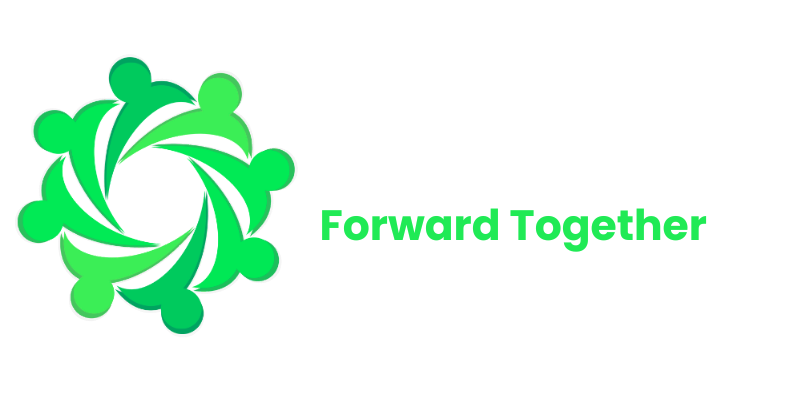Independent Ireland TDs reject EU Migration Pact; call for referendum.
Independent Ireland TDs have announced their intention to vote against the proposed EU Migration Pact when it comes before Dáil Éireann.
Michael Collins TD has called for a referendum on the pact to "let the people of Ireland decide if this is in our best interests".
Deputy Michael Fitzmaurice has raised concerns stating: "This pact will significantly reduce Ireland's control over immigration issues and cede further power to Brussels.
“Ireland has a special legal right to opt out of the EU migration and asylum pact under Protocol 21 of the Treaty of Lisbon. This gives an opt-in or opt-out choice on individual proposals in the areas of freedom, security, and justice.
Deputy Richard O'Donoghue said: “If this government is so confident that this pact is for the benefit of the people of Ireland, they should call a referendum and allow the people to decide."
After careful consideration of the potential impacts on Ireland’s sovereignty, financial stability, and social infrastructure, the party announced the decision detailing six key areas in which the pact may negatively impact the people of Ireland.
Sovereignty and control
The Lisbon Treaty allows Ireland to opt out of such measures, a safeguard that the people of Ireland voted to protect. Opting into this pact would mean adhering to EU-wide regulations that could significantly reduce Ireland's control over its immigration policies. This pact includes a number of legal instruments, voted on individually in the European Parliament, that are now bundled together for a single vote. Independent Ireland does not believe that ceding further powers to Brussels around the area of migration will be beneficial to the nation: "What sovereignty we have over our own borders will essentially and effectively be ceded to the European Union if we adopt this pact. There is no rational outcome whereby doing this will benefit the Irish state or asylum seekers."
Particularly when the current government has so badly handled a crisis that has been unfolding over the past 24 months, we fear that the old trope of 'we're sorry but this is a European directive' may be used by this and future governments to effectively wash their hands of responsibility for any future immigration crises we may face.
Financial burden
The solidarity mechanism within the pact could impose substantial financial obligations on Ireland. Member states must either relocate asylum seekers or make financial contributions, potentially straining national budgets during a time when Ireland is already facing significant economic challenges.
Capacity and infrastructure
Ireland may struggle to scale up its infrastructure and resources to meet the new regulations. We are already struggling with a decades-long health and housing crisis that will continue to be exacerbated by another massive increase in asylum seekers. We must work to resolve the issues we face currently using our own laws and, if necessary, introduce emergency legislation to deal with the current crisis in immigration.
Social integration and cohesion
Rapid increases in asylum seekers and migrants have impacted social cohesion and integration efforts. Ireland needs adequate support systems in place to help genuine asylum seekers fleeing from war. However, many currently availing of our lax asylum law implementation and enforcement are coming from safe countries and are deemed as economic migrants travelling here illegally. Helping new arrivals to integrate successfully will be incredibly difficult to manage under the accelerated timelines mandated by the pact and will add further pressure on a society struggling to cope with current numbers.
Flexibility in crisis situations
The pact includes provisions for crisis management but Independent Ireland argues that Ireland would benefit more from retaining the flexibility to respond to migration pressures on its own terms. Binding regulations from Brussels may not always suit Ireland’s specific context and needs.
Example of Denmark
Denmark has successfully managed its immigration issues without opting into this pact, maintaining greater control over national policies while addressing migration challenges effectively. This model demonstrates that it is possible to manage immigration successfully without ceding more power to Brussels.
Conclusion
Independent Ireland’s TDs believe that we should maintain its opt-out from the EU Migration Pact to ensure greater control over its immigration policies, avoid financial burdens, and ensure that its infrastructure and social systems are adequately prepared. The Independent TDs urge the government to consider the long-term implications of this decision and to respect the assurances given to the Irish people during the Lisbon Treaty referenda: "Anything positive in this pact can be achieved by way of ad hoc consents and measures without having to cede any more control to the EU."
